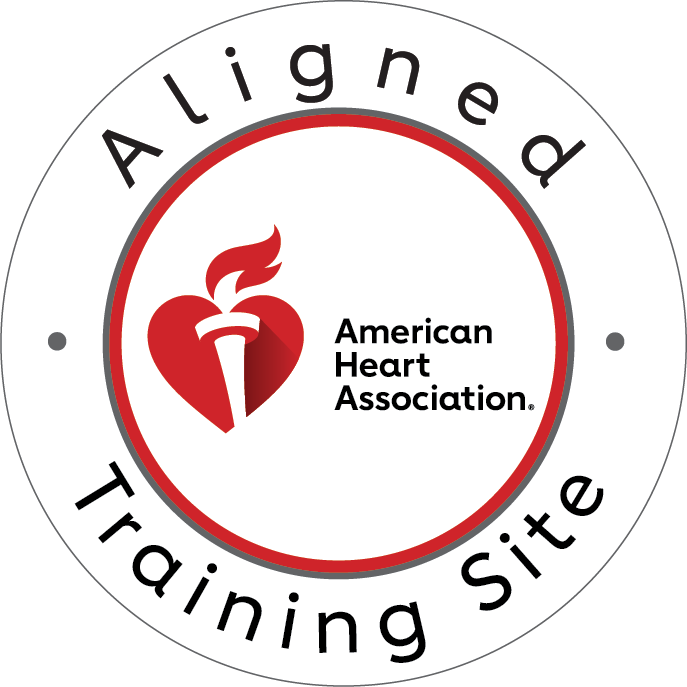I. The Emotional Landscape of Pediatric CPR
Performing Cardiopulmonary Resuscitation (CPR) on pediatric patients is one of the most critical skills for healthcare professionals. Pediatric emergencies are particularly challenging due to the high stakes involved; children’s bodies are more delicate, and their physiological responses differ significantly from adults. While mastering the technical aspects of pediatric CPR is crucial, understanding and managing the psychological challenges that accompany these emergencies is equally important.
Healthcare professionals often face immense emotional and psychological stress when dealing with life-threatening situations involving infants and children. The pressure to perform effectively under such conditions can be overwhelming, and the emotional toll can have lasting impacts on their mental health and well-being. This article explores the various psychological challenges that arise during pediatric CPR and provides insights into coping mechanisms, ethical considerations, and the importance of professional development to support healthcare workers in these high-stress situations.
II. Understanding the Psychological Challenges
Performing CPR on children can evoke intense fear and anxiety. The inherent vulnerability of pediatric patients amplifies the emotional stress for medical professionals. Unlike adults, children depend entirely on their caregivers and healthcare providers for survival, making any medical intervention deeply impactful. This section delves into the core psychological challenges, highlighting the emotional pressure and mental strain that professionals face during pediatric CPR scenarios.
- Fear and Anxiety: The fear of causing harm, combined with the anxiety of a potentially unsuccessful resuscitation, can be paralyzing. The smaller and more fragile the patient, the greater the fear of incorrect execution of CPR techniques, which can lead to hesitation and self-doubt.
- Emotional Stress and Pressure: The high-stakes nature of pediatric CPR creates significant emotional pressure. Medical professionals often feel a profound sense of responsibility, knowing that their actions can determine the child’s outcome. This stress is compounded by the urgency and time-sensitive nature of resuscitation efforts.
- Impact on Mental Health and Well-being: Repeated exposure to traumatic events, such as pediatric emergencies, can lead to burnout, compassion fatigue, and even post-traumatic stress disorder (PTSD). The mental health of healthcare professionals is crucial for their ability to provide effective care, yet it is often overlooked in the high-pressure environment of emergency medicine.
Understanding these psychological challenges is the first step toward addressing them effectively. By acknowledging the emotional and mental strains involved in pediatric CPR, healthcare professionals can better prepare themselves and seek the necessary support to manage these challenges.
III. Factors Contributing to Psychological Challenges
Several factors contribute to the psychological challenges faced by healthcare professionals when performing pediatric CPR. Understanding these factors can help in developing strategies to mitigate their impact.
- Vulnerability of Pediatric Patients: Children are inherently more vulnerable than adults due to their smaller size, ongoing development, and dependence on others for care. This vulnerability heightens the emotional stakes for medical professionals, as they are acutely aware of the fragility of their young patients.
- Emotional Attachment and Empathy: Many healthcare providers feel a strong sense of empathy towards children, often seeing them as their own or being reminded of their children. This emotional attachment can intensify the stress and pressure felt during pediatric emergencies, as the desire to save the child’s life becomes deeply personal.
- Pressure to Perform Effectively: The need for quick, decisive action during CPR can create a high-pressure environment. Medical professionals are often the last line of defense in life-or-death situations, and the fear of making a mistake or not acting swiftly enough can be overwhelming. This pressure is compounded by the knowledge that the outcome of their efforts directly affects a child’s life.
IV. Coping Mechanisms for Healthcare Professionals
To manage the psychological challenges of performing pediatric CPR, healthcare professionals can employ various coping mechanisms. These strategies can help build resilience and ensure they remain effective in high-stress situations.
- Training and Preparedness: Continuous training and practice are crucial in building confidence and competence in CPR skills. Regular drills and simulations can help healthcare workers feel more prepared and less anxious when faced with real-life emergencies. Familiarity with the procedures can reduce hesitation and improve performance.
- Emotional Regulation Techniques: Techniques such as deep breathing, mindfulness, and grounding exercises can help professionals maintain their composure during stressful situations. These methods can assist in reducing immediate anxiety and maintaining focus during critical moments.
- Support Systems and Debriefing: Having a strong support system within the healthcare team is vital. Peer support, counseling services, and structured debriefing sessions after traumatic events can provide emotional relief and help professionals process their experiences. Open communication and a supportive work environment can significantly alleviate the psychological burden.
V. Ethical Considerations and Professional Development
Performing pediatric CPR often involves ethical dilemmas that can further complicate the psychological challenges. Ethical considerations and ongoing professional development are essential components in managing these aspects.
- Ethical Dilemmas in Pediatric CPR Decision-Making: Healthcare professionals may face tough decisions regarding the extent and duration of resuscitation efforts, especially in cases with uncertain outcomes. Balancing the duty to save lives with considerations of quality of life and family wishes can be ethically challenging.
- Importance of Ongoing Training and Education: Continuous professional development is critical in staying updated with the latest CPR techniques, guidelines, and ethical practices. Regular training sessions, workshops, and certifications ensure that healthcare professionals are well-equipped to handle pediatric emergencies confidently.
- Professional Growth through Reflective Practice and Peer Support: Reflective practice allows healthcare workers to learn from their experiences, both positive and negative. Engaging in discussions with peers about challenging cases can provide new perspectives and coping strategies. Building a culture of learning and support within the medical community fosters resilience and professional growth.
VI. Conclusion
The psychological challenges of performing pediatric CPR are significant but manageable with the right strategies and support. By understanding the emotional landscape, acknowledging contributing factors, and implementing effective coping mechanisms, healthcare professionals can better navigate these high-stress situations. Prioritizing mental health and professional development ensures that they remain resilient and capable of delivering life-saving care to their youngest patients. Ultimately, the reward of saving a child’s life is a powerful motivator that underscores the importance of addressing these psychological challenges head-on.
To further enhance your skills and confidence in handling pediatric emergencies, consider enrolling in CPR certification in Memphis. CPR Memphis is an American Heart Association training site that offers initial certifications and renewals in BLS for Healthcare Providers, ACLS, PALS, and CPR and First Aid courses. Their classes are stress-free and hands-on, ensuring you receive the best training experience. Additionally, PALS certification in Memphis is available to help you specialize in pediatric advanced life support, equipping you with the necessary skills to effectively manage pediatric emergencies.
Don’t wait—enhance your ability to save lives by enrolling in CPR Memphis today. The best CPR training in Memphis awaits you!





